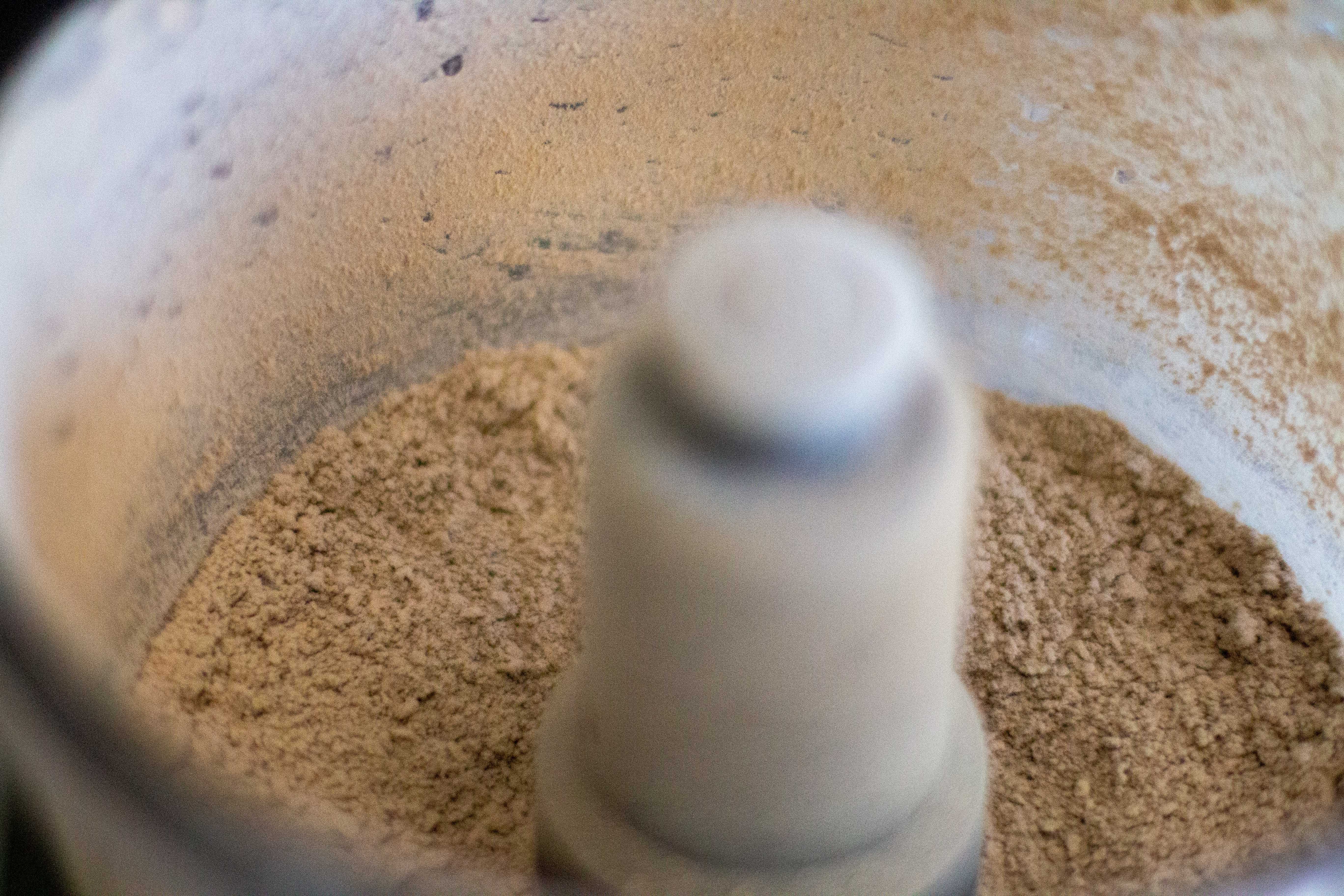You hear all the time that it’s important to take your daily vitamins. Yet still, many Americans lack the recommended Daily Value (%DV) of necessary nutrients— and vitamin D, unfortunately, is one of them.
Shockingly, a remarkable 42% percent of those in the U.S. lack adequate vitamin D. But what’s the worst that could happen? Is low vitamin D really something to be concerned about?
Yes. Vitamin D deficiency may have serious implications on your health. Here are three huge ways low levels of vitamin D can potentially impact you:
1. Those with chronically low levels of vitamin D may be at higher risk of developing certain forms of cancer.
A set of PubMed doctors wanted to get to the bottom of the link between vitamin D and cancer. They reviewed 63 observational studies of vitamin D in relation to cancer risk, “including 30 of colon, 13 of breast, 26 of prostate, and 7 of ovarian cancer, and several that assessed the association of vitamin D receptor genotype with cancer risk” and concluded that a majority of the studies saw “a protective relationship between sufficient vitamin D status and lower risk of cancer.”
Translation: these studies demonstrated a potential link between higher vitamin D consumption and lower risk of cancer.
What types of cancer are associated with vitamin D deficiency? People with chronically low levels of vitamin D are at a higher risk of developing cancers of the breast, colon, prostate, ovaries, esophagus and lymphatic system, according to WebMD.
Why? Vitamin D may play a role in controlling cell growth: particularly, cancer cells. This nutrient may be able to prevent certain cancer cells from growing, according to a number of cancer organizations like BreastCancer.org and The American Cancer Society.
2. Vitamin D deficiency has been associated with type 1 and 2 diabetes.
According to the Centers for Disease Control’s National Diabetes Statistics Report for 2017, an estimated 30.3 million Americans have diabetes. Why do so many in the U.S. suffer from this deadly disease? There are a number of factors at play, including vitamin D deficiency, which has been heavily studied for its connection to both type 1 and 2 diabetes. Interestingly, diabetic patients with liver or kidney problems or gastrointestinal disorders, such as celiac disease or pancreatitis, are more susceptible to vitamin D deficiency.
Studies have shown that when vitamin D is insufficient, many internal processes begin to decline, which “sets the stage for the onset of diseases such as diabetes.” That’s because this powerful vitamin helps to maintain many cellular mechanisms, including the normal release of insulin by the pancreatic beta cells (β-cells), and without the right amount, β-cells experience excessive Ca2+ and reactive oxygen species (ROS) signalling— resulting in the death of these important cells.
The American Diabetes Association itself offers detailed clinical breakdowns of how vitamin D can affect both pre-diabetics and diabetics alike, providing evidence that suggests vitamin D treatment may improve both glucose tolerance and insulin resistance in people who suffer from a deficiency.
Consult a trusted medical professional with any concerns related to maintaining healthful blood glucose levels or managing diabetes. If you are considering taking a daily vitamin D supplement, your doctor can also recommend a daily dose of vitamin D that is right for you.
3. A lack of this important nutrient is often linked to bone and muscular health problems, like multiple sclerosis, osteoporosis and arthritis.
Vitamin D has been found to be a key player in strong bone health. This important vitamin binds to receptors in your body, increasing the intestinal absorption of calcium.
A lack of vitamin D leads to lower calcium absorption, putting you at a greater risk of bone fracture. “Without enough vitamin D, the body can only absorb 10% to 15% of dietary calcium,” shares Harvard Medical School, “30% to 40% absorption is the rule when vitamin reserves are normal.”
Not only does this powerful vitamin team up with calcium to help your bones, it also benefits supportive muscles, according to the National Osteoporosis Foundation. Muscle weakness due to vitamin D deficiency can lead to an increased risk of falls, one study states. If chronically untreated, the initial effects of these weaknesses can develop into more serious bone and muscle conditions.
Fortunately, vitamin D can contribute to the prevention you need. For instance, women who took vitamin D supplements in one study were 40% less likely to develop multiple sclerosis compared to those not taking this daily vitamin.
Mushrooms: Your Secret Ingredient for Getting More Vitamin D
Did you know that by adding specially labeled “High Vitamin D” mushrooms to your diet, you may reduce your risk of developing these and other ailments?
That’s right: Certain mushrooms boast high levels of this important vitamin! Because it can be hard to get vitamin D from the sun alone, incorporating it into your diet is crucial. And what’s better than a win-win like this— delicious eats that offer healthful benefits too!
Learn more about the power of High Vitamin D mushrooms by downloading our free eBook, Everything You Need to Know About Vitamin D & Mushrooms and find a store near you that carries these nutritious fungi.







